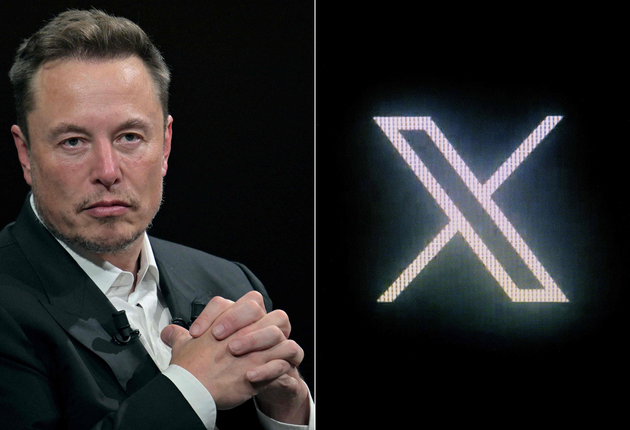
Photo/VCG
NO.1 Musk says he will drop lawsuit if OpenAI changes name to ClosedAI
On March 7, Elon Musk said on the X platform that he would drop the lawsuit against OpenAI if OpenAI agrees to change its name to "ClosedAI." Musk previously sued OpenAI, claiming that the latter violated the original contract agreement on AI development. OpenAI responded on the 5th that Musk had proposed conditions such as obtaining a majority stake in OpenAI, control of the initial board of directors, and the position of CEO, but the negotiations fell into a deadlock due to Musk's stop of funding support, and OpenAI rejected his proposal.
Commentary: This is a debate on the philosophy of AI development, and it also reflects the contradiction between Musk and OpenAI.
NO.2 SpaceX Starship to conduct third test flight
On March 7, SpaceX said that its giant rocket Starship is about to conduct its third test flight to test its performance limits. The test flight is scheduled to take place as early as March 14. Compared with the previous two, this time the goal is more ambitious and the task is more complex. SpaceX described the mission in this mission, including opening and closing the Starship payload bay door, demonstrating propellant transfer during the upper stage booster glide phase, the first re-ignition of the Raptor engine in space, and controlling the Starship's re-entry into the atmosphere.
Commentary: This is another bold attempt by SpaceX in the field of space exploration. This test flight has innovative and leading significance for the entire space industry.
NO.3 Researchers tested leading AI models for copyright infringement using popular books, and GPT-4 performed worst
According to foreign media, artificial intelligence model evaluation company Patronus AI released a copyright detection tool called "CopyrightCatcher" to detect potential copyright infringement in large language models (LLMs). Patronus AI tested OpenAI's GPT-4, Anthropic's Claude 2, Meta's Llama2 and Mistral AI's Mixtral. The results showed that almost no copyrighted novel was immune to infringement. Patronus AI said GPT-4 performed the worst in this regard.
Commentary: This is a question of AI ethics and responsibility, and it is also a challenge facing large language models. GPT-4 needs to strengthen its copyright detection and filtering capabilities, and it also needs to cooperate and communicate with copyright owners to avoid legal disputes and social controversies.
NO.4 SoftBank invests in commercialization of nuclear fusion
According to foreign media, SoftBank and Buffett-invested Itochu Corporation, one of the five major trading companies, is investing in an American nuclear fusion startup Blue Laser Fusion. The company is developing a proprietary new laser fusion technology, and plans to complete its first prototype in 2025 and commercialize nuclear fusion reactors using laser technology around 2030, that is, to build a 1 gigawatt power reactor in Japan or the United States. The company's core founder is Nobel laureate in physics Shuji Nakamura.
Commentary: Blue Laser Fusion's laser fusion technology may provide a new path for the commercialization of nuclear fusion, and it may also bring huge benefits to global energy supply and environmental protection.
NO.5 Meta reportedly plans to outsource AI chips to Samsung for foundry
According to foreign media, Meta CEO Zuckerberg discussed the possibility of AI chip foundry cooperation with Samsung executives during his visit to South Korea. Meta is seeking to reduce its reliance on TSMC and is considering outsourcing its self-developed AI chips to Samsung for foundry. This move may be related to Meta's strengthening of AI technology development and look for new chip manufacturers.
Commentary: Meta's cooperation with Samsung may reduce its chip production costs and risks, and it may also expand its chip market and channels.
NO.6 Blood lipid microplastics increase the risk of cardiovascular disease
On March 7, a paper published in the New England Journal of Medicine stated that researchers found for the first time that people with micro and nano plastic debris found in fatty plaques are 3.5 times more likely to develop heart disease, stroke and other diseases or death than those without microplastics in their blood vessel plaques.
Commentary: This study reveals the relationship between microplastics and cardiovascular disease for the first time, and also provides data and basis for further exploring its mechanism of action.
Disclaimer: The content and data of this article are for reference only and do not constitute investment advice. Please verify before using.


 川公网安备 51019002001991号
川公网安备 51019002001991号





